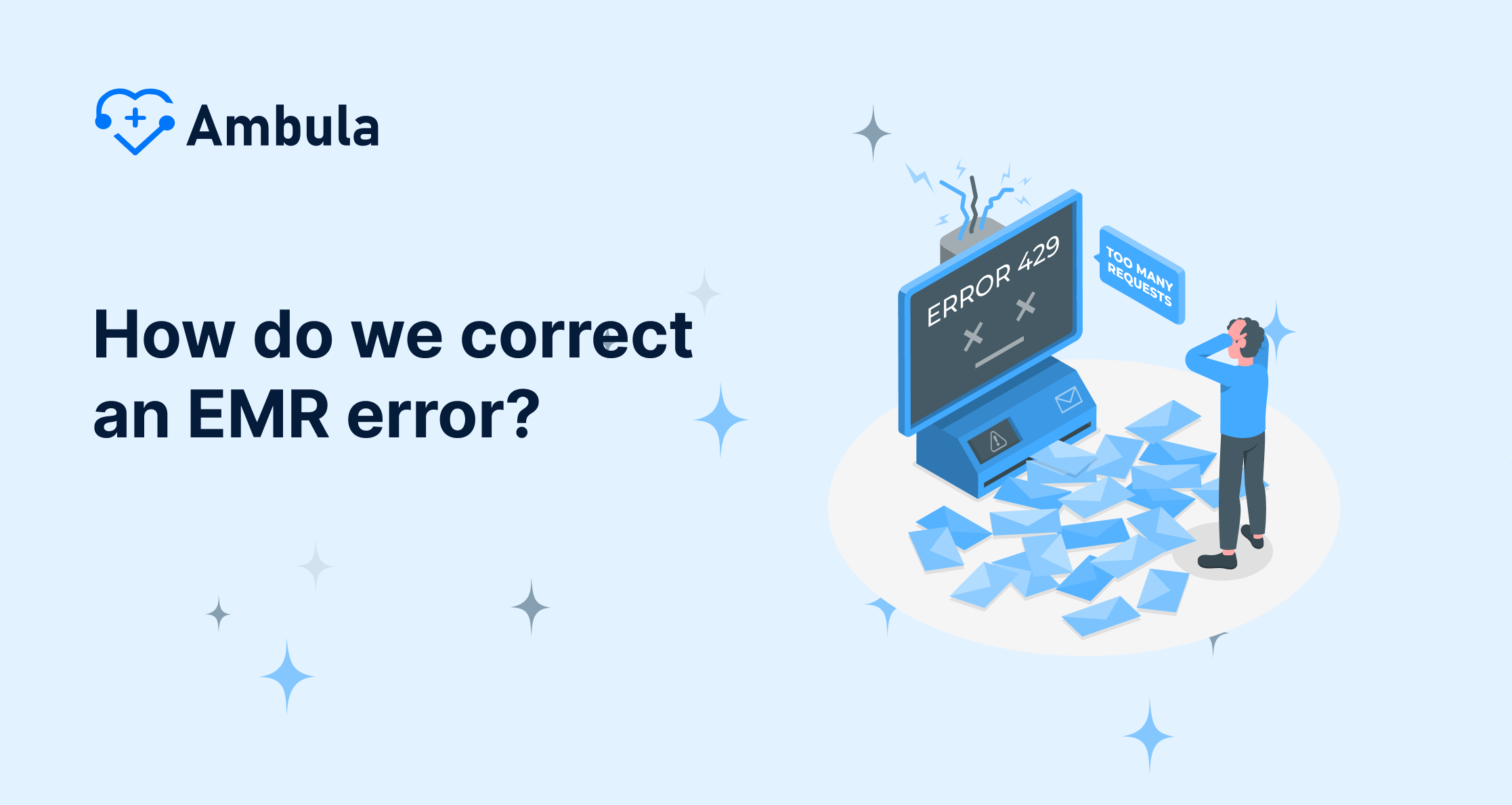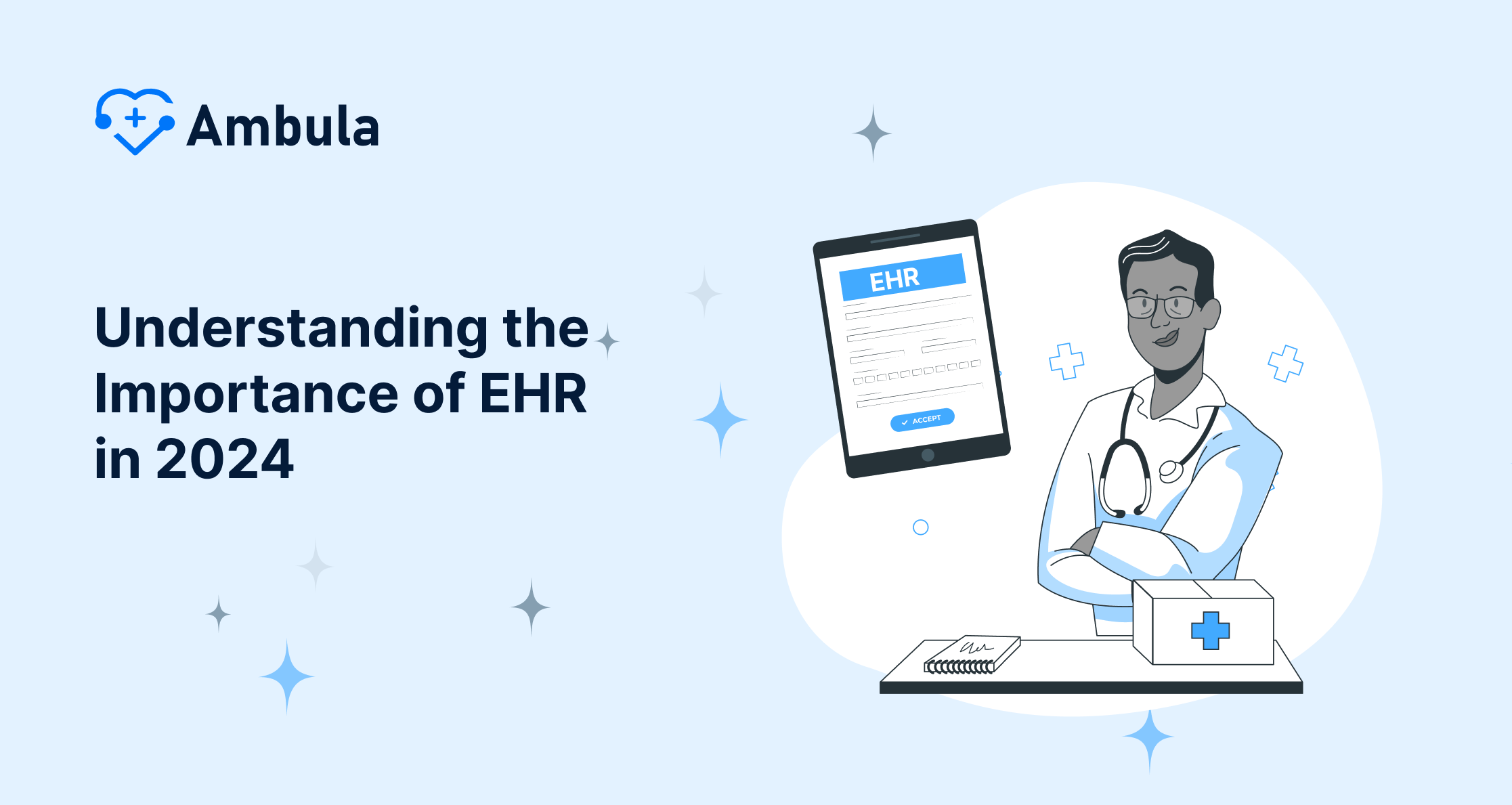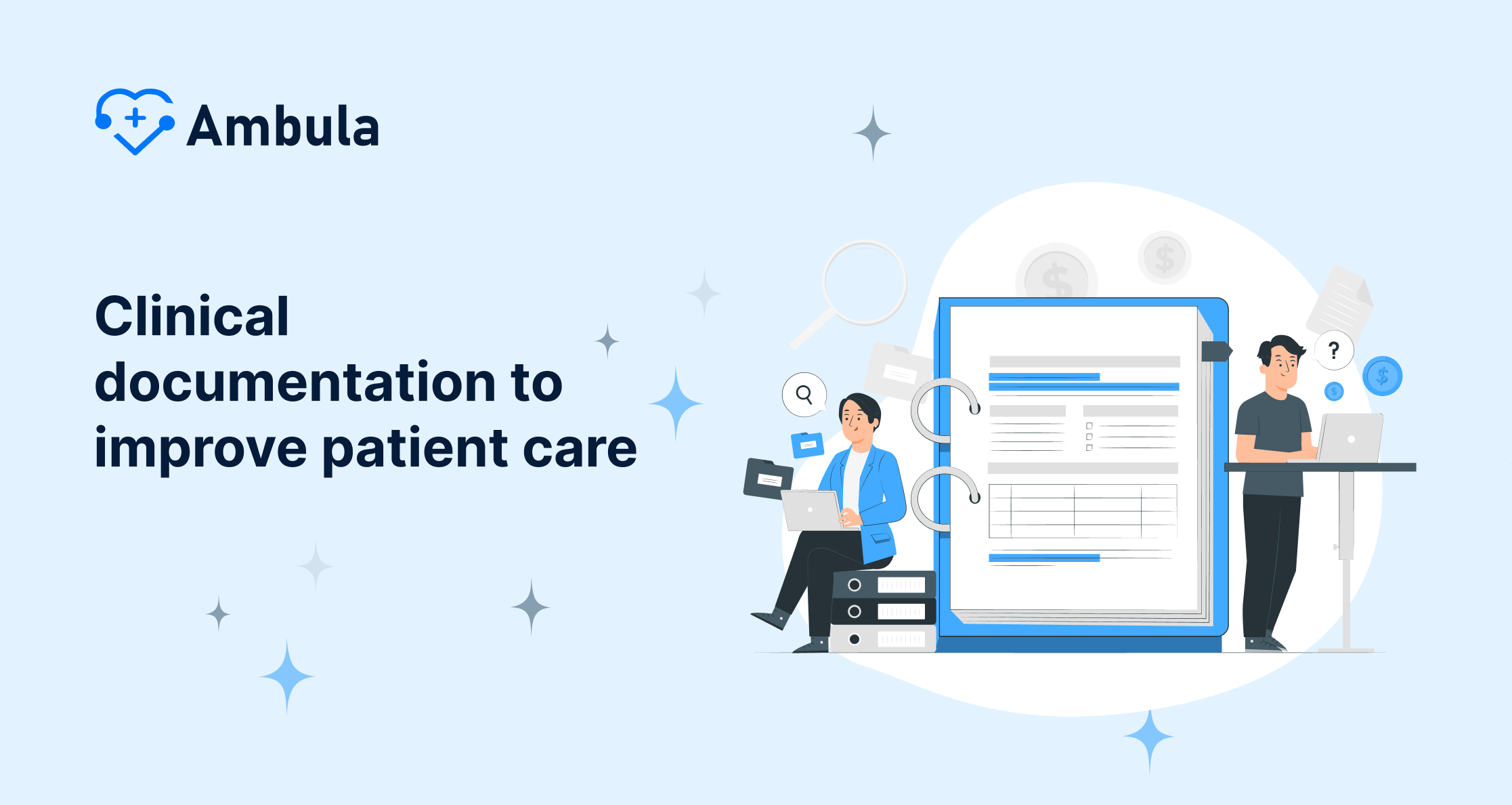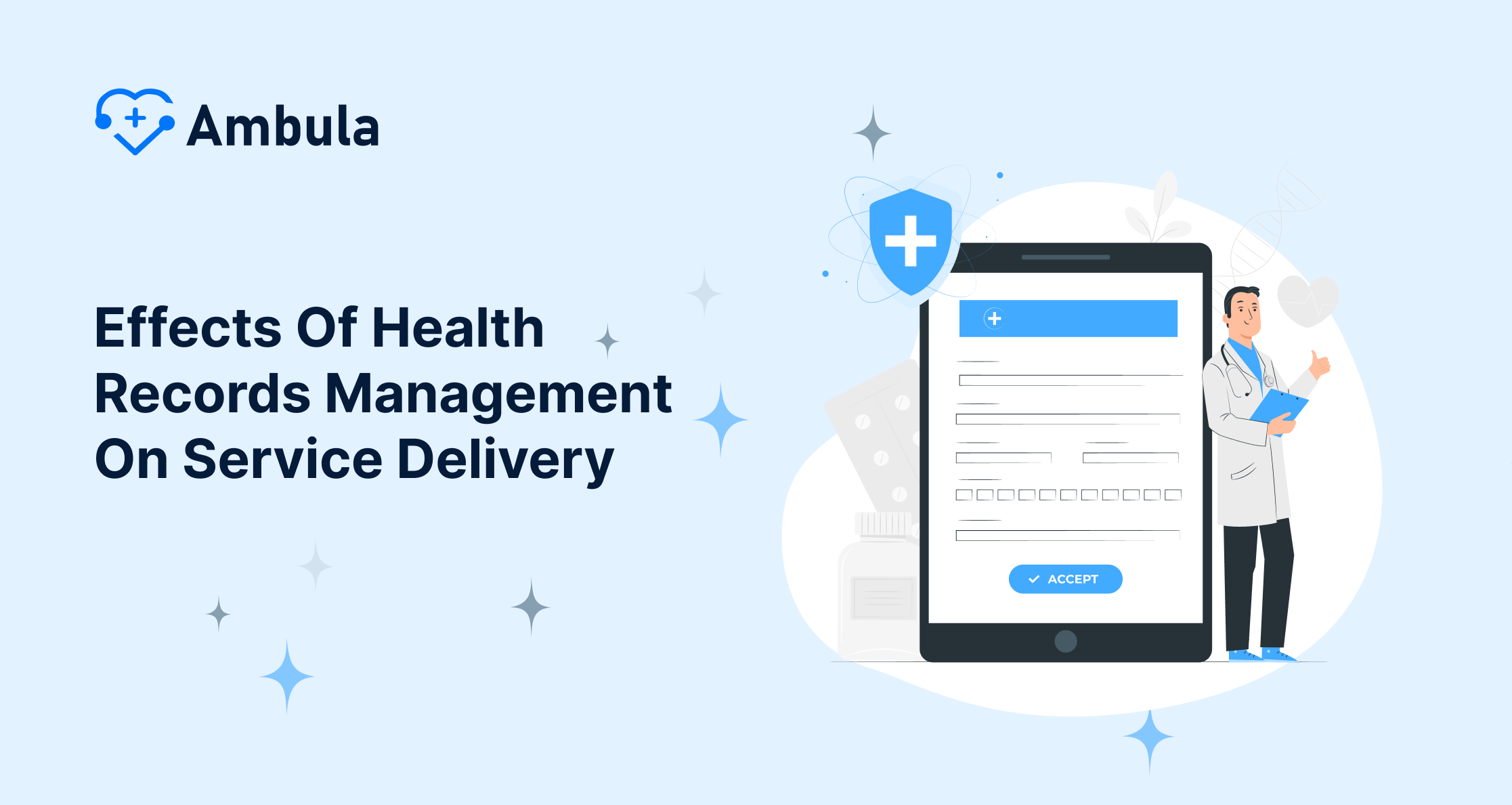Learning about the top things your EMR should not do is key when deciding to acquire an EMR for your practice. In this blog post, we will explore those things. Additionally, we will discuss the other things that you should expect from your EMR. And why it is better than paper records. So, read on.
What is an EMR?
First things first, let’s define EMRs. An EMR, or electronic medical record, is a digital file that contains all the information about a patient’s health and treatment. This includes everything from their history to current conditions and treatments.
Consequently, all of this information is gathered into one secure file that can be accessed by different providers in the case of an emergency. It also helps ensure that your care is consistent across multiple appointments and with different doctors.
Naturally, EMRs allow for better coordination between providers, patients, and insurance companies, which reduces the need for redundant procedures and tests. Providers who work with EMRs have access to more patient data at any given time, allowing for faster diagnoses and more informed treatment plans.
Check out these articles after you’re done
What to expect from your electronic medical record
You know by now that EMR is a powerful tool. It can help you keep track of your health information and get better care. Here’s what you can expect when you start using an EMR.
Why use an EMR?
Why use an EMR? Or Ideally, using an EMR makes it easier for doctors to:
- Get accurate, up-to-date information about patients.
- Share information with other doctors more quickly and easily
- Order tests and medicines safely and correctly
- Know which doctor to see for a problem or question
- Follow patients’ care plans, especially if they see more than one doctor
- Have a complete, up-to-date list of the medicines patients take, even if different doctors prescribe them
What your EMR should not do
An EMR is supposed to make your life easier, right? It’s there to help you keep track of patient information, manage bills, and make you feel like a modern-day doctor. But what if it does the exact opposite? What if an EMR just made everything harder, and more frustrating? and what should I do with the paper records?
Don’t worry! Here is what you should be aware of with your EMR:
- Be a hindrance to your efficiency: Your EMR should not be sucking the life out of your practice. You shouldn’t have to spend hours clicking buttons or filling in forms just to see a patient. Rather, it should be a tool that helps you get things done faster and smarter.
- Take over your practice: While some might think their EMR is the backbone of their practice, it really shouldn’t feel that way. Your patients are the backbone of your practice, and they are what really matters. An EMR should be used to help your patients get better, but it should not be an obstacle between you and them.
- Affect your workflow negatively: As a simple rule of thumb, if something is taking longer than it did before you had an EMR, then there is probably something wrong with it. So make sure you have one that fits into your workflow and doesn’t cause more problems than it solves.
Other things to look into
There are also additional factors to consider while selecting an EMR. Your software must not also:
- Look like it was made in the 90s.
- Be clunky and outdated.
- Make you feel bad about your choices as a healthcare provider.
- Be expensive, and not worth the money you spend on it.
- Not have an app that lets you use it on the go or from the comfort of your own home.
- Require you to give up a blood sacrifice every time you want to access patient data or make a note for yourself.
Finally, there are a lot of considerations to be taken into account when it comes to choosing the best software. Also, many factors can determine if you’ll get the most out of your software. Hence, if your software is lacking in any capacity, we would not recommend continuing to use it. But fear not, the Ambula healthcare team is there to help you choose the best EMR for your practice and answer all your questions in this regard. Call us at: (818) 308-4108. And discover how to extract data from EMR.





